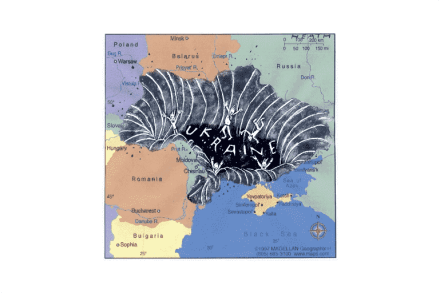Yvette Cooper’s refugee record
As the Ukraine crisis rages, Labour has chosen to focus on the issue of visas for fleeing Ukrainian refugees. Shadow Home Secretary Yvette Cooper went for her opposite number Priti Patel on it in Parliament yesterday, demanding ‘clear answers’ for those ‘urgently seeking sanctuary or to rejoin relatives.’ It looks like Patel will now be forced to give a ministerial statement today, updating the government’s position on the issue: a win for Cooper and those demanding more action. Still Mr S couldn’t help but think back to Cooper’s own record when it comes to refugees. In 2015, she was one of a number of politicians and celebrities who volunteered to




















